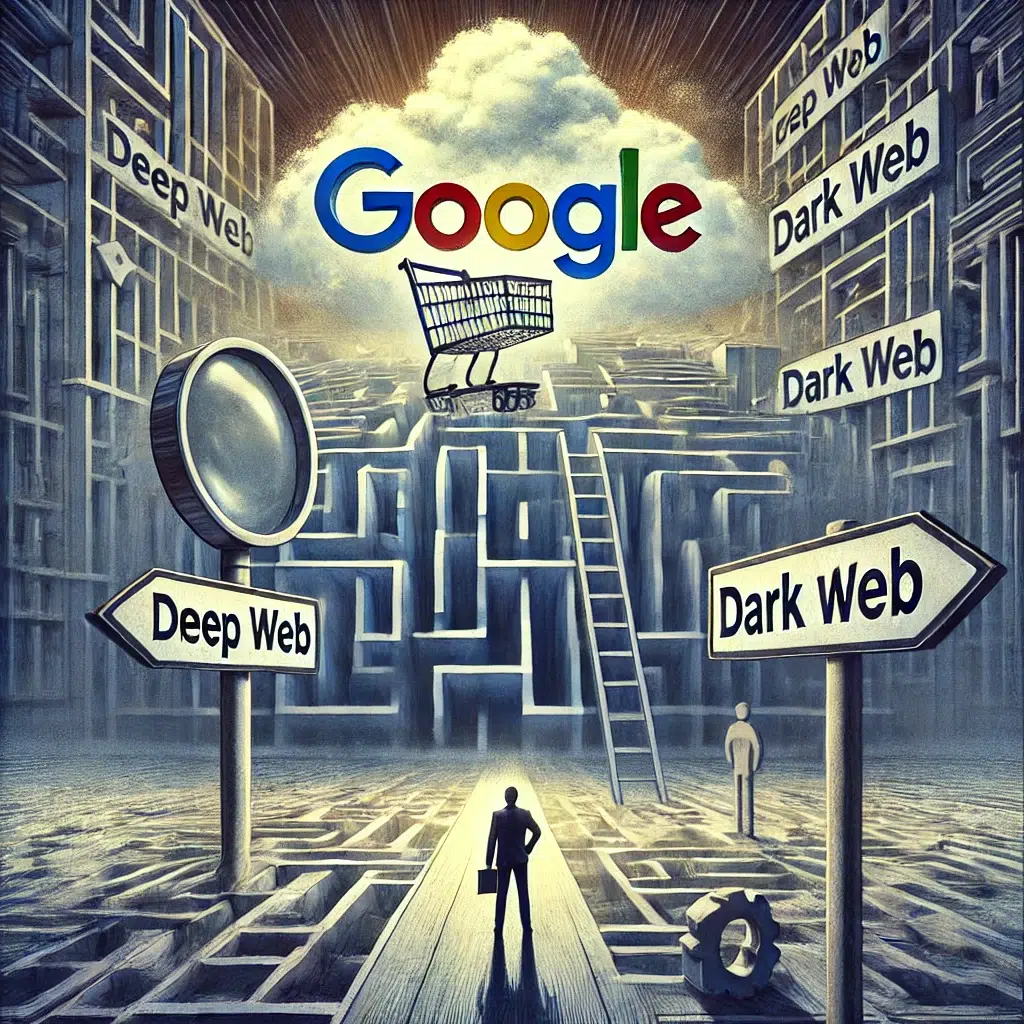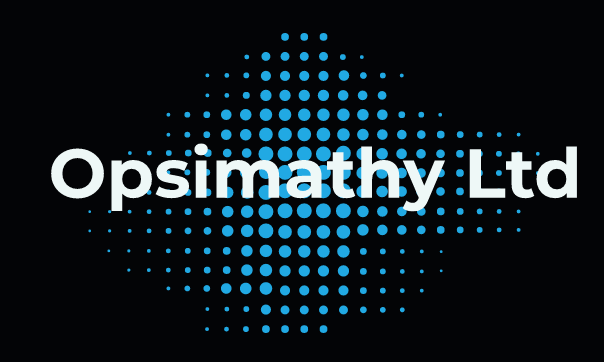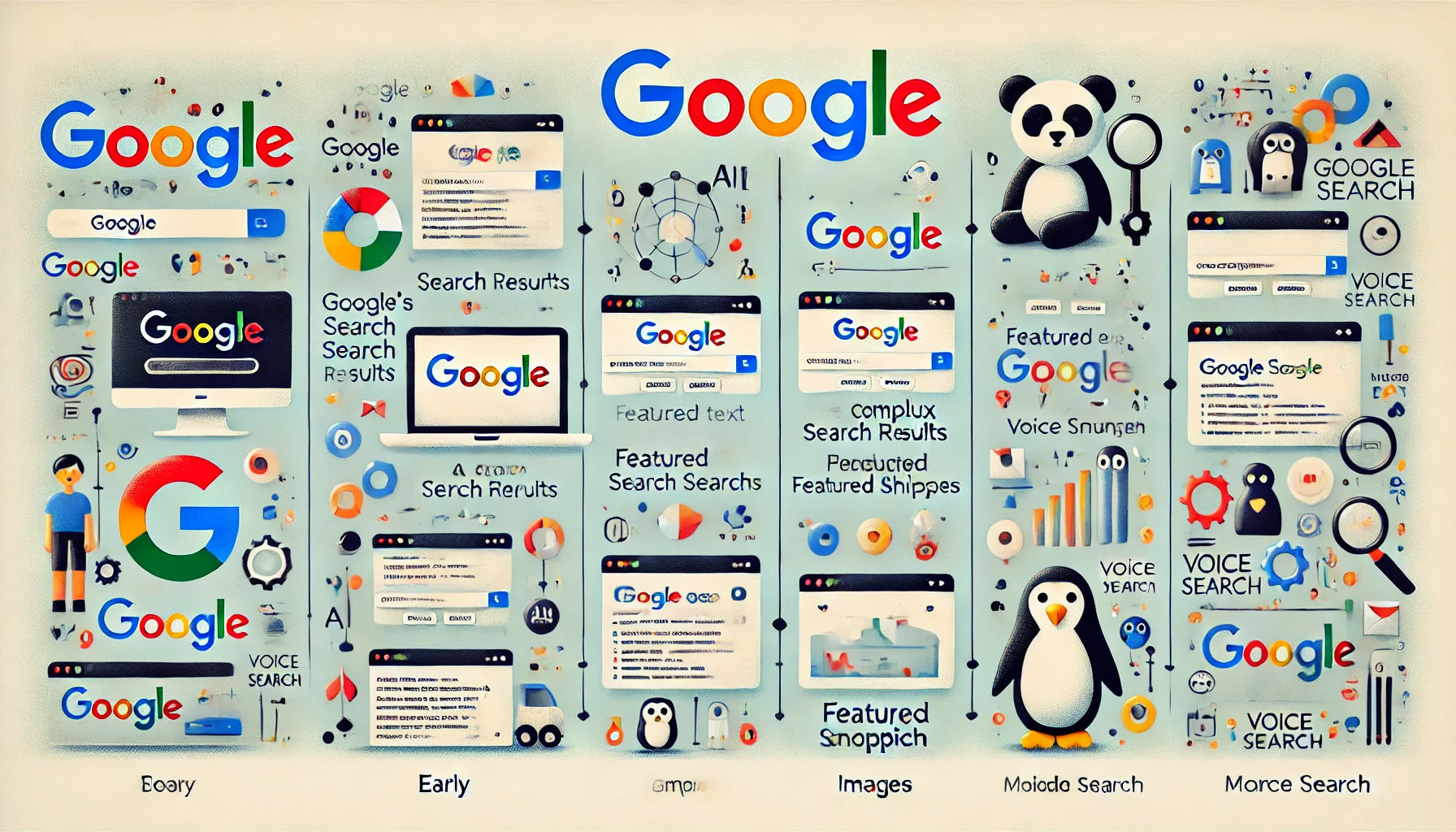
 Current Limitations of Google and Other Search Engines
Current Limitations of Google and Other Search Engines
Search engines, led by Google, have transformed how we access information. They offer an immense repository of knowledge at our fingertips. However, despite their remarkable capabilities, these tools have notable limitations that can impact the quality, accuracy, and scope of the information they provide. Understanding these limitations can help users navigate them more effectively and supplement their searches with other resources when needed.
1. Quality of Search Results
Search engines rely on algorithms to determine the relevance and ranking of content. While effective in many cases, this approach has its drawbacks:
- Misinformation and Bias: Algorithms often prioritise popular or high-traffic pages, which may not always align with accuracy or reliability. This can lead to the proliferation of misinformation.
- SEO Manipulation: Websites optimised for search engine algorithms can outrank more credible sources, skewing the results.
- Echo Chambers: Personalisation of search results can create filter bubbles, limiting exposure to diverse perspectives and reinforcing existing biases.
Example: A study by Spoelstra et al. (2021) highlighted how search engine algorithms can inadvertently amplify polarising content.
2. Limited Access to the Web
The web is far more extensive than what search engines can index. There are significant areas they cannot reach:
- Deep Web: Content behind paywalls, within proprietary databases, or requiring specific credentials is inaccessible.
- Dark Web: A portion of the internet accessible only through specialised tools like Tor remains entirely outside conventional search engine reach.
Example: According to research by BrightPlanet, the Deep Web is estimated to be 500 times larger than the surface web indexed by search engines.
3. Challenges with Context and Intent
Search engines often struggle to interpret ambiguous or complex queries:
- Ambiguity: Words with multiple meanings (e.g., “Jaguar”) can produce irrelevant results.
- Complex Queries: Searches requiring nuanced understanding or involving regional slang may yield unsatisfactory outcomes.
Example: Depending on the user’s intent, searching for “turkey” could return results about the bird, the country, or the Thanksgiving holiday.
4. Real-Time Data Limitations
Search engines often lag in indexing and surfacing breaking news or real-time updates. Social media platforms like Twitter or Mastodon usually provide faster access to live developments, though they come with verification issues and noise.
Example: During emergencies, users may rely on live social media updates rather than search engines due to the latter’s slower indexing processes.
5. Language and Cultural Barriers
Despite advancements in natural language processing, search engines have limitations in understanding:
- Regional Dialects and Slang: These are often poorly interpreted, leading to irrelevant results.
- Multilingual Queries: Translation tools are improving, but they still struggle with nuanced or idiomatic expressions.
Example: A query in Scots Gaelic may yield few relevant results due to the limited indexing of regional languages.
6. Privacy Concerns
Search engines collect extensive user data to personalise results, raising significant privacy issues:
- Tracking and Profiling: Personalised search results depend on tracking user behaviour, which can feel intrusive.
- Trade-Off: Users seeking anonymity may receive less relevant results when avoiding data collection tools.
Example: Privacy-focused search engines like DuckDuckGo offer alternatives but often lack the tailored relevance of Google.
7. Overwhelming Information
Search engines often return millions of results, but most users only explore the first page. Valuable information hidden more profoundly in the results remains overlooked, while top-ranking pages dominate user attention.
For example, searching for “climate change” may yield numerous results, with critical but lesser-known studies buried on later pages.
8. Limitations with Specialised Knowledge
Search engines may surface superficial or irrelevant results for niche or highly specialised topics. Professional databases and expert tools are often more reliable for these queries.
For example, medical professionals often use PubMed or UpToDate instead of Google to find peer-reviewed research.
9. Struggles with Non-Text Content
Search engines rely on metadata to effectively index images, videos, and audio. Without proper labelling or captions, such content may remain undiscoverable or misclassified.
Example: An image of a historical event without appropriate metadata may fail to appear in related searches.
10. Ethical and Legal Constraints
Balancing accessibility and ethics is an ongoing challenge for search engines:
- Censorship: In some countries, search engines are subject to government-imposed restrictions.
- Right to Be Forgotten: Legal requirements, such as the EU’s GDPR, force search engines to remove personal information upon request.
- Harmful Content: Algorithms can unintentionally surface harmful or illegal content.
Example: Google complies with requests to delist personal information under GDPR but faces criticism for inconsistency in implementation.
11. Algorithmic Transparency
Search engine algorithms are often opaque, making it difficult for users to understand how results are ranked or why certain content is prioritised. This lack of transparency can obscure potential biases and prevent accountability.
Example: Researchers and advocacy groups have called for greater transparency in search algorithms to ensure fairness and prevent manipulation.
12. Outdated Content
Search engines do not always prioritise current information, sometimes surfacing outdated or inaccurate content. This can mislead users, particularly in fields where knowledge evolves rapidly.
Example: A search for medical advice may return outdated recommendations that are no longer supported by current guidelines.
Conclusion
While search engines like Google are indispensable tools for accessing information, they have flaws. By recognising these limitations, users can approach search results with greater discernment and utilise complementary resources when necessary. Future advancements in AI, indexing, and algorithmic transparency may address some of these challenges, but an informed approach to searching remains key for now.
References
- Spoelstra, J., et al. (2021). Search Engine Bias and Its Impact on Misinformation. Journal of Information Science, 47(2), 156-172.
- BrightPlanet. (2019). Understanding the Deep Web. Retrieved from brightplanet.com.
- European Commission. (2018). General Data Protection Regulation (GDPR). Retrieved from ec.europa.eu.
- DuckDuckGo. (2025). How We Protect Your Privacy. Retrieved from duckduckgo.com.



